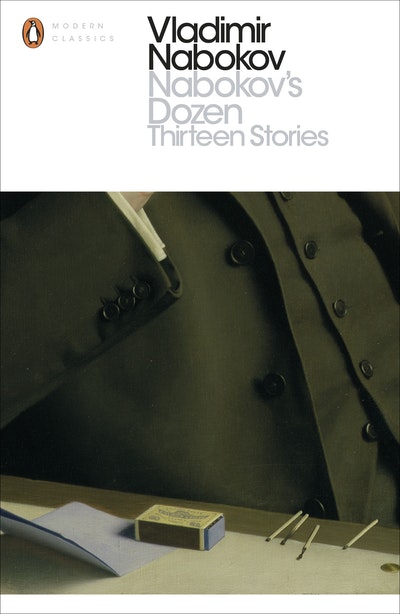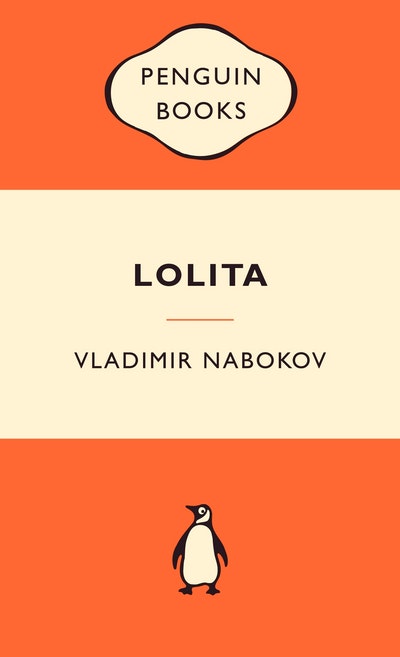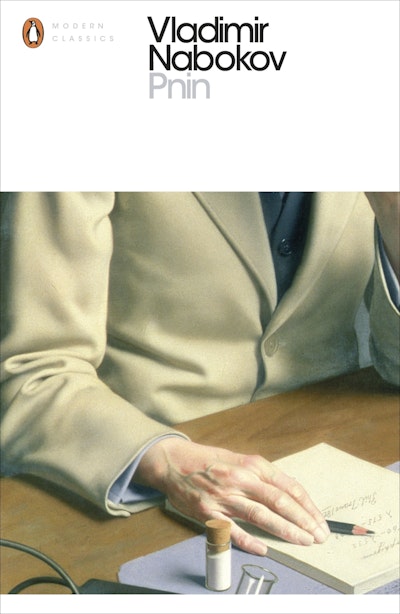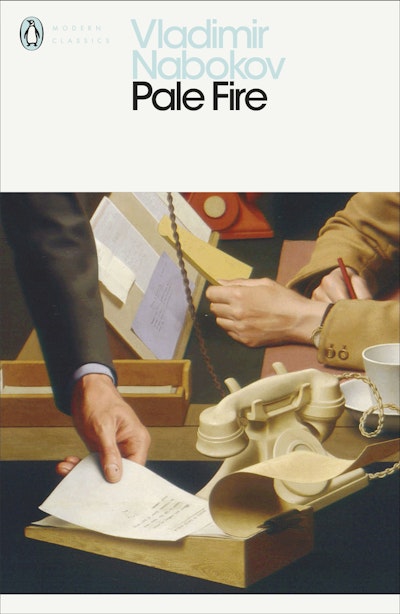[]
- Published: 13 November 2017
- ISBN: 9780241302484
- Imprint: Penguin Classics
- Format: Paperback
- Pages: 176
- RRP: $22.99
Nabokov's Dozen
Thirteen Stories
Formats & editions
Buy from…
- Published: 13 November 2017
- ISBN: 9780241302484
- Imprint: Penguin Classics
- Format: Paperback
- Pages: 176
- RRP: $22.99
At their best they display a Lawrentian power of evocation, a Proustian depth of subtlty, sadness and loss
Sunday Times










